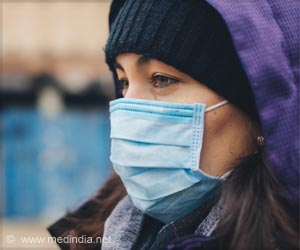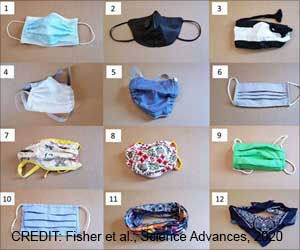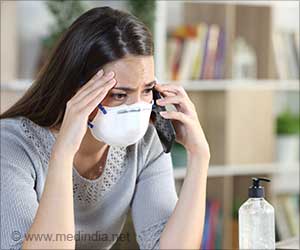ADVERSE DRUG REACTIONS
DR T R RAMANUJAM M.D., C.MI.Biol (Lond)
INTRODUCTION
DEFINITION OF A.D.R AND DRUG INTERACTIONS
CLASSIFICATION OF ADVERSE DRUG REACTIONS
ADR DUE TO DRUG INTERACTIONS
CRITERIA FOR DRUG REACTIONS
DEFINITION OF A.D.R AND DRUG INTERACTIONS
What is Adverse Drug Reaction?
“IT IS SIMPLY ANY EVENT THAT FOLLOWS THE ADMINISTRATION OF A DRUG IN THE RECOMMENDED DOSE AND IS ATTRIBUTABLE TO THE ADMINISTRATION OF THAT DRUG WHICH IS HARMFUL TO THE RECIPIENT, THE FETUS SHE CARRIES OR BY AN EFFECT ON THE GONADS TO THE RECIPIENT’ S DESCENDENTS”
Therefore adverse drug reaction is differentiated from poisoning in which harmful effects are produced by dose beyond permissible limits. Such events may vary from trifling irritation to death or from immediate nausea to the development of cancer 50 yrs later or expression of recessive mutation after several generations. The range of events is therefore enormous and methods by which detected are correspondingly various.
What is Drug Interaction (DI)?
“DRUG INTERACTION IS PHENOMENON WHICH OCCURS WHEN THE EFFECTS OF A DRUG UPON ADMINISTRATION TO A PATIENT ARE MODIFIED BY ANOTHER (OR THE SAME) DRUG, BY ENDO-GENOUS PHYSIOLOGICAL AGENT OR BY A DISEASE (INFECTION) OR BY A DIETARY COMPONENT”.
Although many drug interactions may be clinically insignificant, the potential hazard of unwanted unexpected drug interaction can be so significant that caution should be exercised when patients are receiving drugs that are known to result in interactions or when the patients have conditions that later pharmacokinetic and pharmacodynamic characteristics of the drugs.











